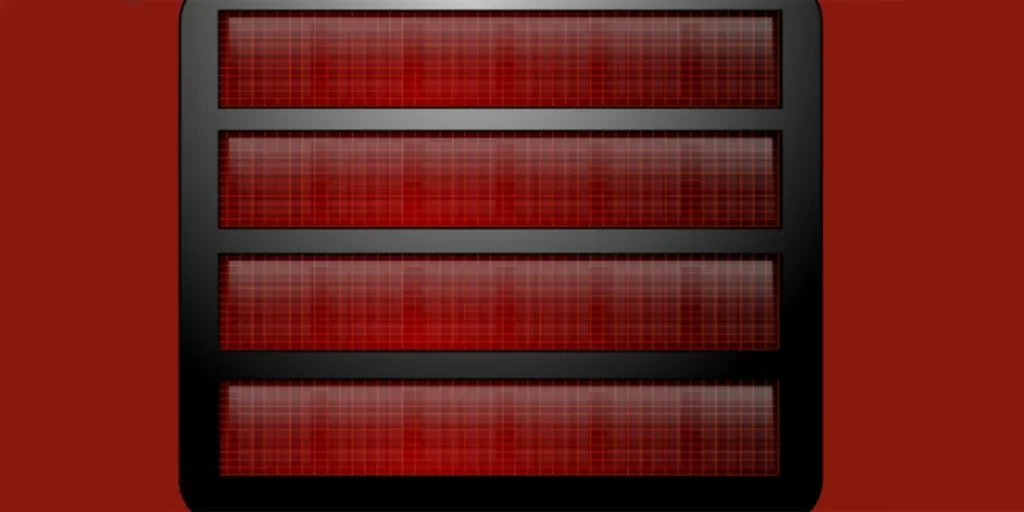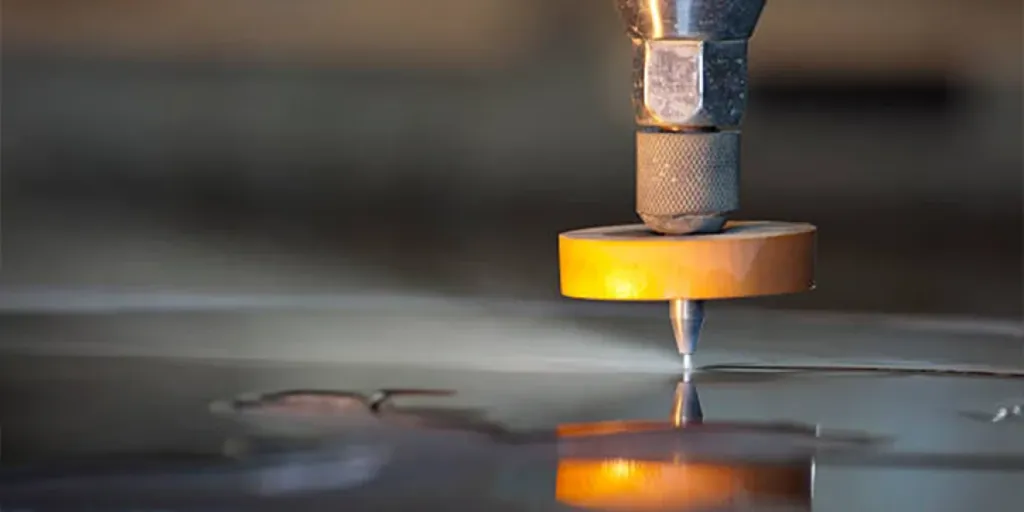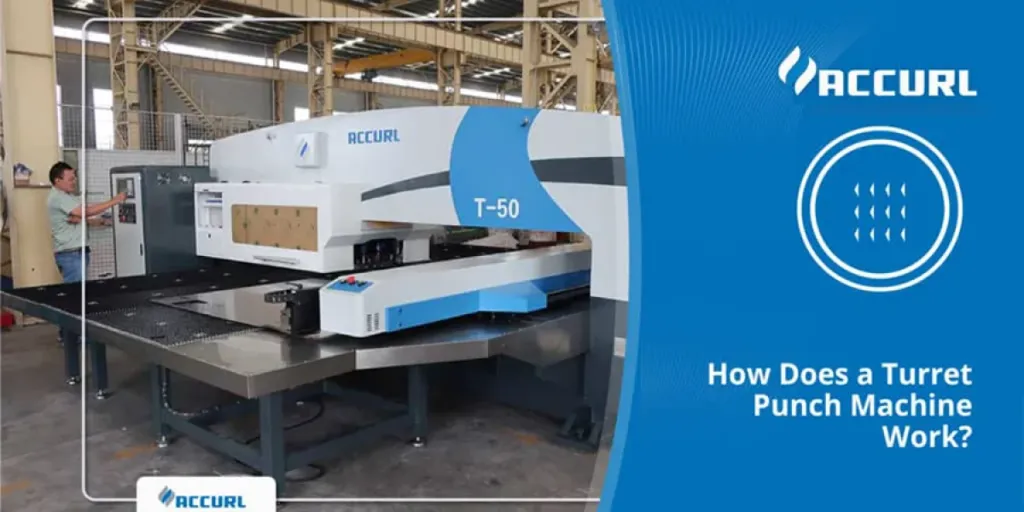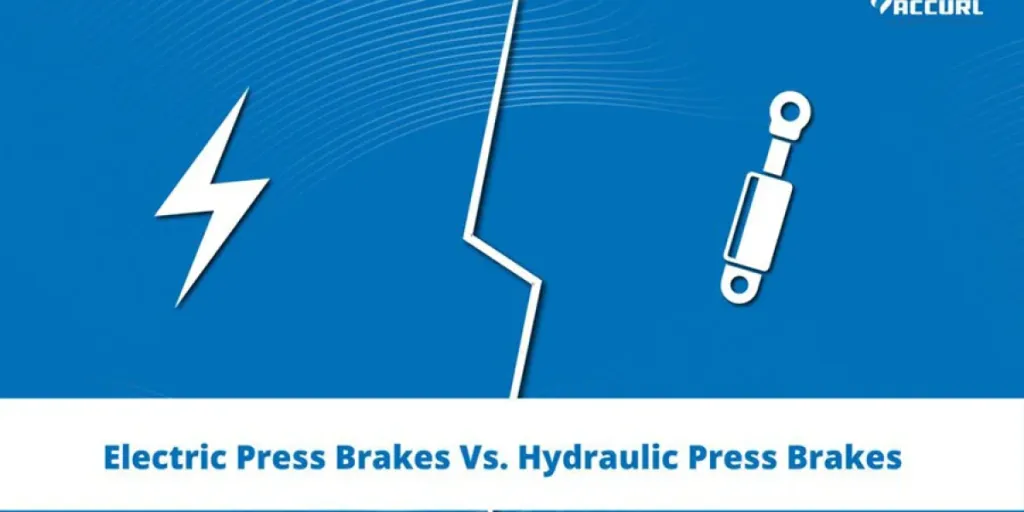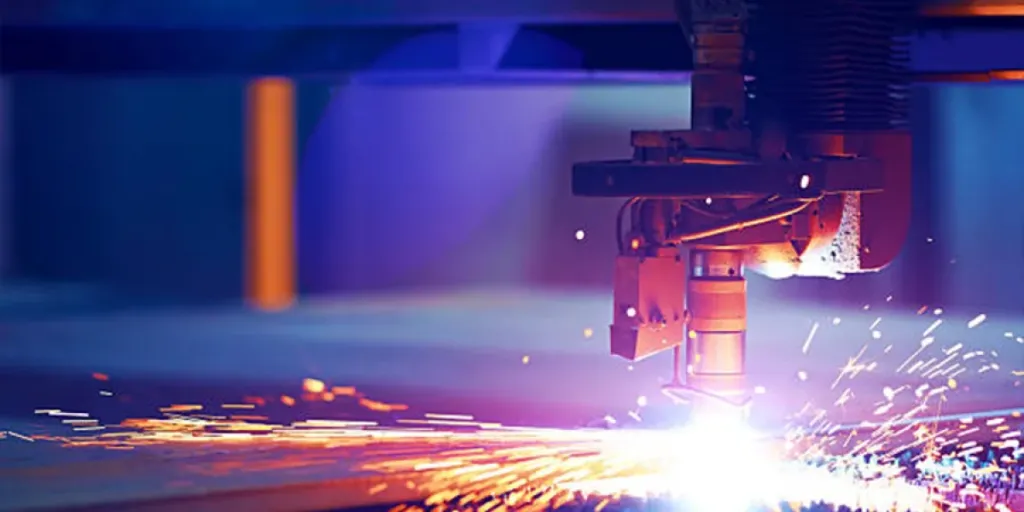Heating solutions are evolving, but most shops continue to stock outdated options. These traditional heaters can be inefficient, costly, and hazardous, leading to returns, complaints, and fluctuating demand – things no retailer wants.
Meanwhile, today’s customers want safer, smarter, energy-efficient heaters, but finding reliable, in-demand products isn’t easy. That’s where positive temperature coefficient (PTC) heaters come in.
PTC heaters are safer, automated, and highly efficient devices that meet the needs of savvy buyers. Here, we’ll explore what makes them unique and why stocking them can set your online store apart in today’s competitive market.
Table of Contents
What are positive temperature coefficient heaters?
The global market size and opportunities for PTC heaters
Types of PTC heaters retailers should stock
Essential factors customers should consider
Rounding up
What are positive temperature coefficient heaters?
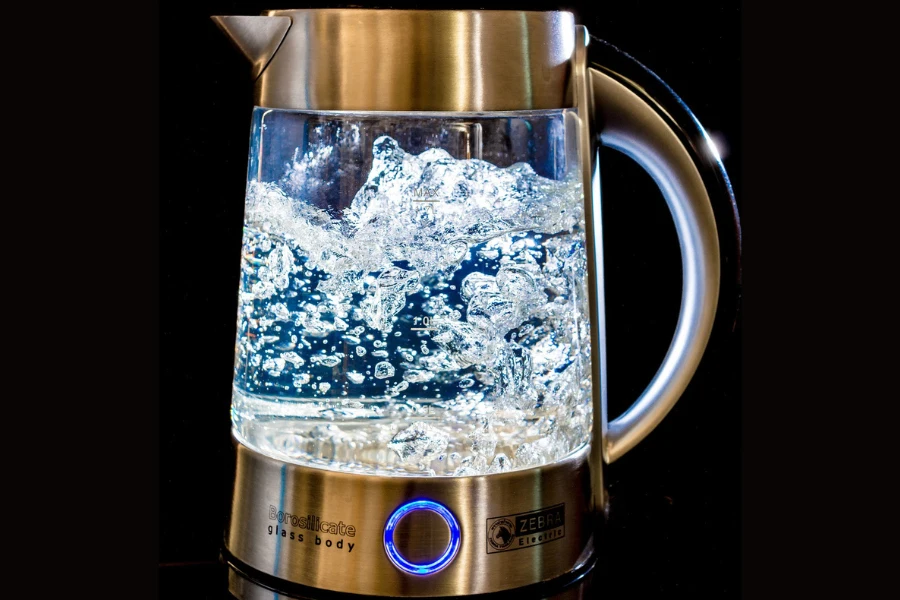
A positive temperature coefficient heater is an electric heating device made of ceramic or polymer material. These materials increase the heater’s electrical resistance via a rise in temperature, reducing the flow of electric current and heat production.
The unique features of the PTC heater allow it to operate as a sensor with an open-loop mode. This feature prevents overheating, making it perfect for safe, quick, uniform heating functions.
Most consumers prefer PTC heaters because of such features. Let’s take a look at them in closer detail:
Self-regulating: PTC heaters adjust their power output automatically based on the surrounding temperature. As the heater warms up, its resistance increases, reducing the current flow and preventing overheating.
Safety: The heater’s self-regulating nature minimizes the risk of burns or fire hazards, making it safer than traditional heating elements.
Energy efficiency: PTC heaters can maintain consistent warmth without drawing excessive power. Once it reaches the desired temperature, the heater uses minimal energy to sustain it.
Durability: The materials they’re traditionally built with – ceramic, metal oxide, and silicon nickel – have a long lifespan, which means customers can continuously use them.
Versatility: PTC heaters are used in various applications, including home heating, HVAC systems, automotive, appliances, and industrial processes.
The global market size and opportunities for PTC heaters
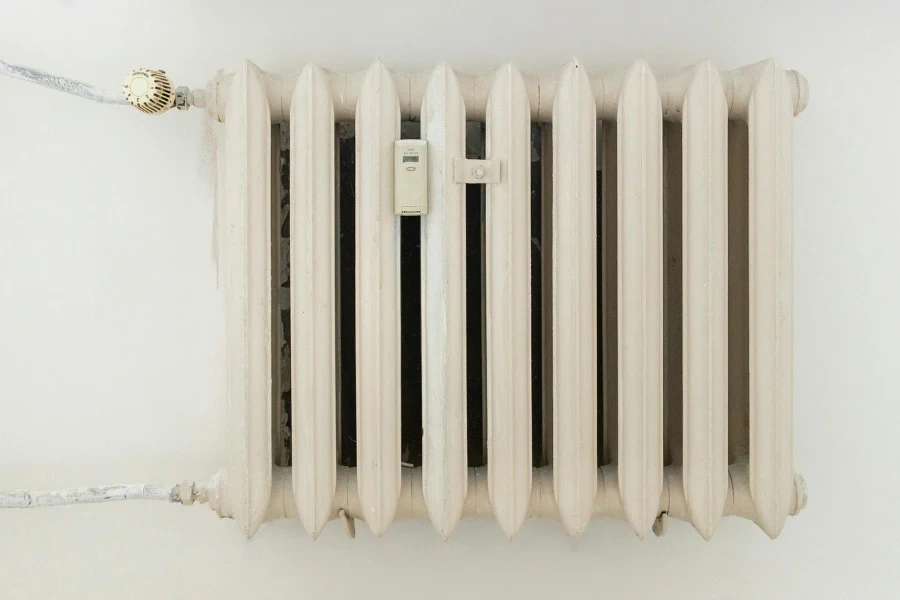
The global PTC heater market size is expected to grow at a compound annual growth rate (CAGR) of 11.4% from USD $1387 million in 2023 to USD $2975.4 million in 2030.
Several factors are driving this demand, including:
- Consumers want energy-efficient and sustainable heating devices
- The inherent self-regulating feature makes them safer than traditional heaters
- Their fast response time and temperature control make them ideal for medical devices, automotive, and industrial equipment
- Technological advancements in different industries led to the mass adoption of positive temperature coefficient heaters
This outlook demonstrates that business opportunities exist for retailers looking to maximize their electronic sales by stocking PTC heaters.
Types of PTC heaters retailers can stock
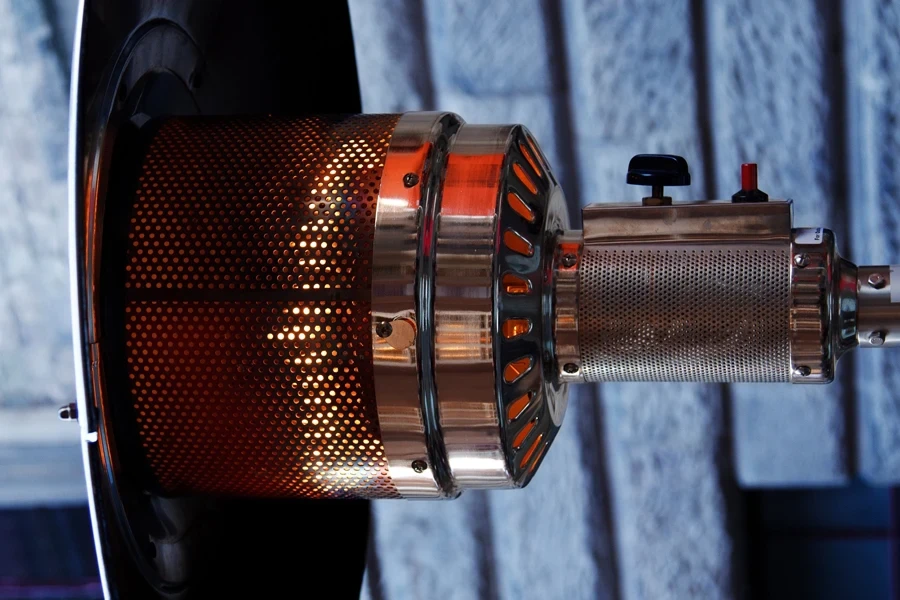
Businesses may want to stock a range of self-regulating heaters designed for specific applications and operating principles. Here are a few PTC heaters to consider:
PTC thermistors
PTC thermistors are temperature sensors that increase resistance as temperatures rise, making them ideal for temperature control applications. They’re often used in automotive applications, household appliances, and temperature-sensitive equipment. They prevent these devices from overheating, thus providing a reliable option for energy efficiency and safety.
PTC ceramic heaters
These ceramic-based heaters have self-regulatory heating elements that adjust their resistance based on the temperature to allow even heating. They’re found in winter space heaters, hair dryers, electric radiators, and automotive seat warmers. Their self-regulating feature makes them energy-efficient, durable, and safe.
PTC fuses (resettable fuses)
PTC fuses (polymeric positive temperature coefficient devices/PPTCs) are overcurrent protection devices that reset automatically. They’re found in electronics such as laptops, power supplies, and telecommunications equipment to prevent overcurrent and short circuits. Unlike traditional fuses, they reset once the fault condition clears, making them reusable and convenient for consumers.
PTC air heaters
PTC air heaters have thermistors that generate and control heat in appliances that require rapid heating. They’re used in appliances that need homogeneous heating of air flows, such as hair dryers, electric heaters, hot-selling HVAC systems, and car cabin heaters.
They can power appliances up to 3kW and won’t overheat because of their self-regulating properties.
PTC heat pads and therapeutic devices
Retailers may also want to stock heating pads with PTC elements. These medical and wellness products provide gentle, controlled warmth in therapeutic scenarios, such as those provided by hospitals, senior citizen facilities, physical therapy and rehabilitation centers, and home healthcare providers.
Essential factors customers should consider
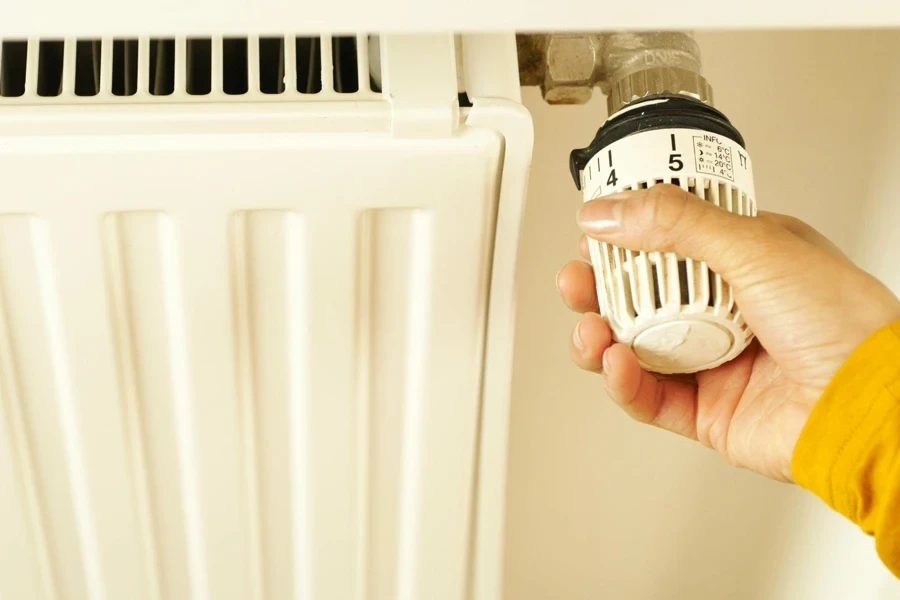
Customers shopping for PTC products will likely focus on several factors, including reliability, efficiency, and safety. Understanding these factors will help retailers stock high-demand products for better sales.
Let’s take a look at these factors below.
Quality standards and certifications
Customers want PTC products that meet stringent quality and safety standards. As a retailer, you should stock products with recognizable certifications, like UL (Underwriters Laboratories), CE (Conformité Européenne), and RoHS (Restriction of Hazardous Substances).
These certifications indicate that these products have been rigorously tested for safety and environmental compliance, giving consumers peace of mind.
Reliable material composition and build
Customers prefer PTC thermistors made with ceramics or other non-toxic, high-quality materials for better performance and durability. The material component should facilitate rapid heating and consistent temperature control.
Other materials used to construct PTC products include polymeric materials, silver and nickel electrodes, and metal oxides. These materials increase electrical resistance as they heat up, making them ideal for applications like overcurrent protection and heating elements.
Performance specifications
Potential clients often want to know the product’s performance to decide whether to buy. They usually prefer products that deliver the required heat output or electrical resistance with minimal energy use.
Better-performing PTC products should also have high heating efficiency, reaching their peak temperature quickly and maintaining it without significant fluctuations. Stable heat is important for home appliances and medical devices.
Quick response time is another performance specification that customers love in a PTC device. A faster response time is advantageous in applications like automotive seat warmers or surge protection devices.
Budget
Customers will also consider the cost before buying a PTC device. While price per unit is certainly important to buyers, most are willing to invest in quality and durable products to justify the cost. As a retailer, you can purchase these products in bulk from Cooig.com at lower prices, allowing you to provide competitive pricing and discounts to your customers.
Rounding up
Elevate your inventory and boost sales! Stocking high-quality PTC heaters allows you to differentiate your store and meet the growing demand for energy-efficient solutions. As industries – from automotive to home appliances – embrace these self-regulating components, customers want trustworthy options.
You can curate your selection of premium PTC thermistors, heating elements, resettable fuses, and air heaters to make your store the go-to source for clients who want better performance and safety. This strategic approach will attract customers and promote consumer loyalty.
